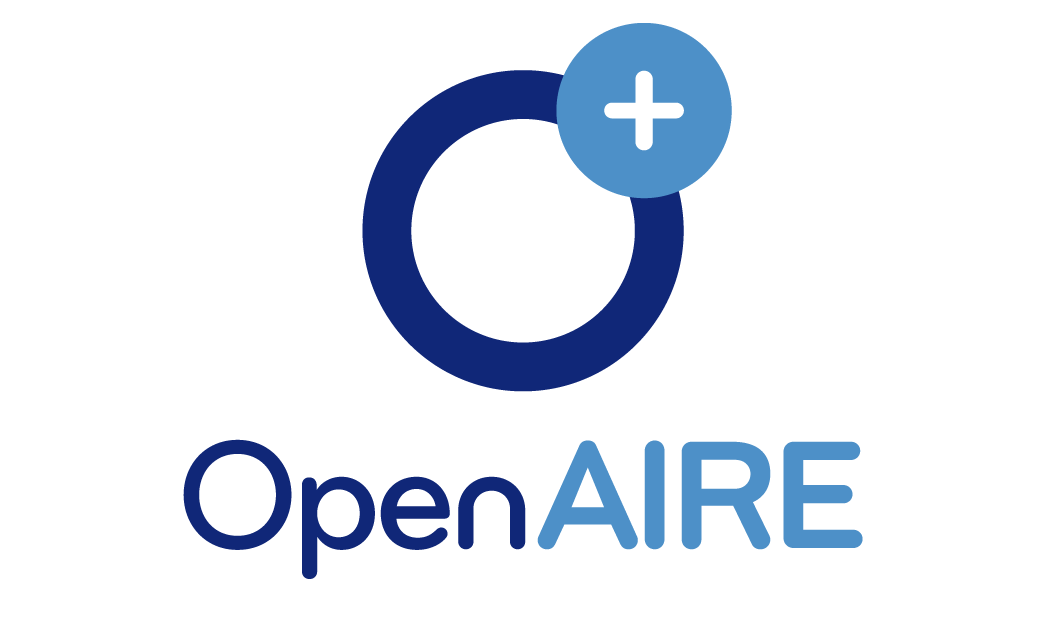THE IMPACT OF SOCIAL MEDIA ON LANGUAGE AND IDENTITY
Keywords:
social media, language evolution, identity formation, code-switching, linguistic innovation, terms, creativityAbstract
This article examines the influence of social media on language usage and individual identity. In today’s interconnected world, social media platforms like Facebook, Twitter, and Instagram have transformed the ways people communicate, creating new linguistic phenomena and shaping personal and group identities. The study explores how social media affects language variation, the emergence of new expressions, and its broader social and cultural impact on identity formation.
References
1. Bekzodovna, J. M., & Akbarovna, D. G. (2023). Innovative Methods and Tools in Higher Education. Science and Innovation, 2(11), 708-715.
2. Jumayeva, M. B., & Usmanovna, S. M. (2022). Practical Methods of Culture-Based Language Teaching in English Classes. Science and innovation, 1(Special Issue 2), 612-615.
3. Ikrambayevna, S. D. (2024). Classification of Functions of Communicative Strategy and Tactics in Political Communication. Miasto Przyszłości, 50, 548-553.
4. Sattarova, D. (2024). Siyosiy Muloqotning Pragmatik Aspektlari. Tamaddun Nuri Jurnali, 5(56), 380-383.
5. Suleymanova, N. M. (2020). On The Nominative Nature Of The Sentence. Theoretical & Applied Science, (4), 307-309.
6. Axmedova, D., & Zarmaskhonov, S. (2024, February). Exploring Global Perspectives In Language Teaching And Learning. In Conference Proceedings: Fostering Your Research Spirit (pp. 205-207).
7. Bekzodovna, J. M., & Abdullayevna, R. N. Organization Of Modern Educational Processes In The Education System.
8. Jumayeva, M. B. (2023). Classifications of Cardinal Numbers and Ordinal Numbers in English And Uzbek. Ijtimoiy Fanlarda Innovasiya Onlayn Ilmiy Jurnali, 3(2), 132-134.
9. Mohira, J. (2023). Problematic Situations That Arise in Learning Foreign Languages and Their Solutions. International Journal of Recently Scientific Researcher's Theory, 1(2), 414-417.
10. Сулейманова, Н. М., & Абдуллаева, Л. Т. (2017). Имманентный характер синергетических свойств единиц языковой системы. In ИННОВАЦИИ В СОВРЕМЕННОМ ЯЗЫКОВОМ ОБРАЗОВАНИИ (pp. 61-65).
11. Ikramboyevna, A. D., & Ikramboyevna, S. D. (2023). The Ways of Forming Secondary Nomination in Uzbek Language and Its Impact on Linguistics.
12. Sattarova, D. (2024, January). Siyosiy Notiqlikning Milliy Mаdаniy Vа Lisoniy Tаhlili (Oʼzbekiston Respublikasi Birinchi Prezidenti Iа Karimov Nutqlari Asosida). In Международная конференция академических наук (Vol. 3, No. 1, pp. 5-7).
13. Jumayeva, M. B. (2023). Chet Tillarini Oʻrganishda Ommaviy Axborot Vositalarining Oʻrni va Ahamiyati. Boshqaruv va Etika Qoidalari Onlayn Ilmiy Jurnali, 3(5), 240-242.
14. Makhmudova, G. N., & Gulomova, N. F. (2023). Unlocking the potential of the digital econ-omy in the EAEU countries: identifying and overcoming obstacles. π-Economy, 16 (4), 7–25. DOI: https://doi. org/10.18721/JE, 16401.
15. Сулейманова, Н. М. (2017). Номинативный аспект речевого процесса. In Humanities and Social Sciences in Europe: Achievements and Perspectives (pp. 76-82).
16. Sattarova, D. (2023). Komunikativ Diskursning Tadqiqot Ob’yekti. Молодые ученые, 1(22), 41-43.





